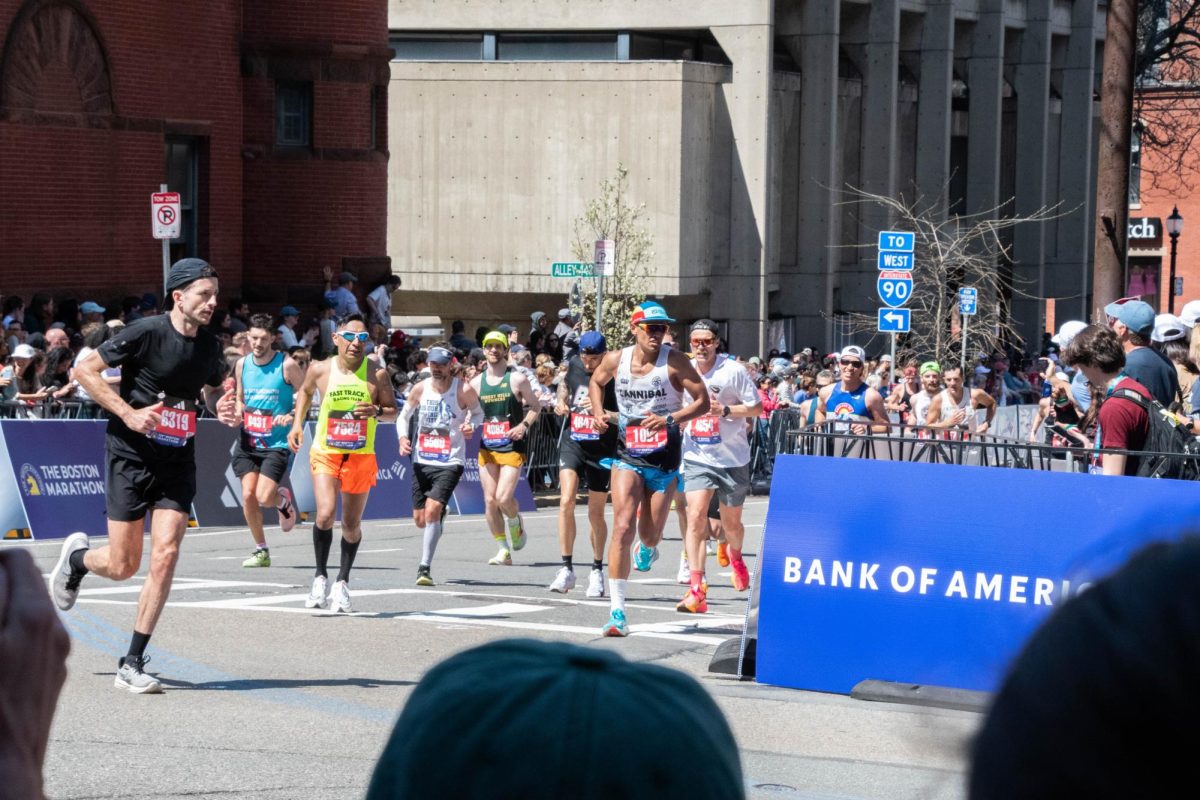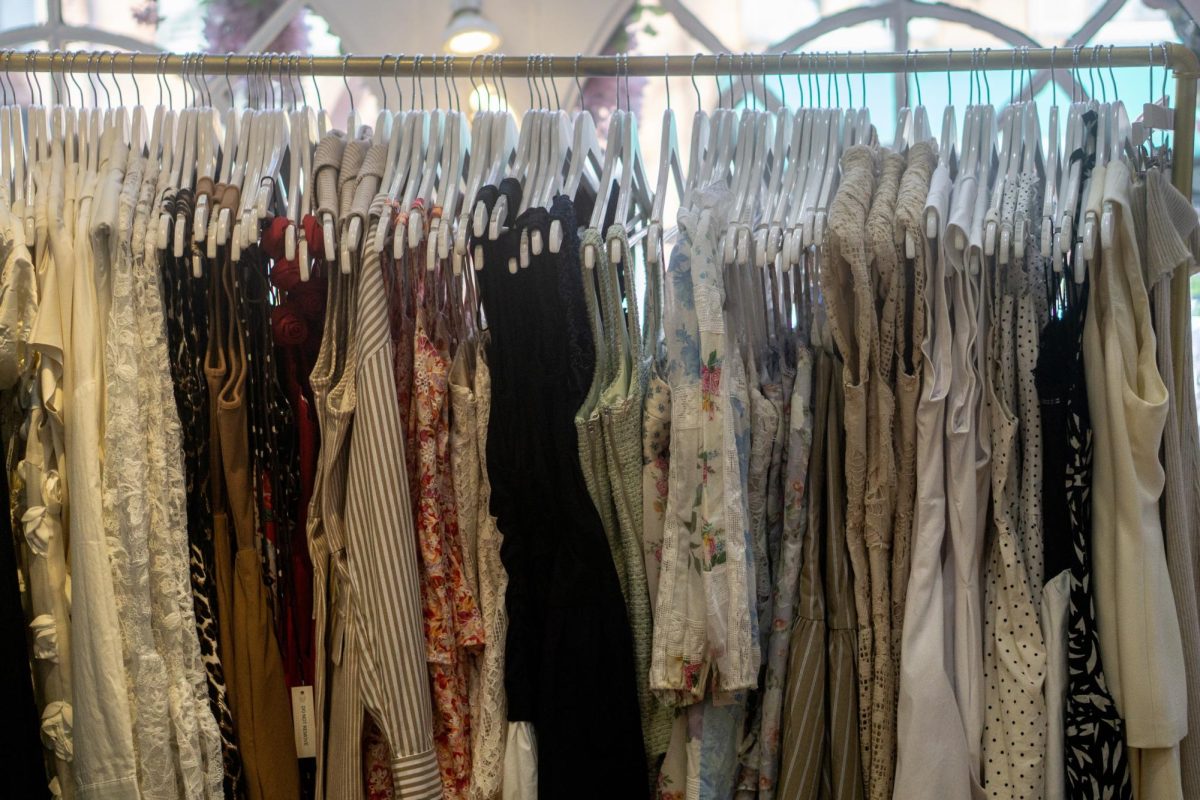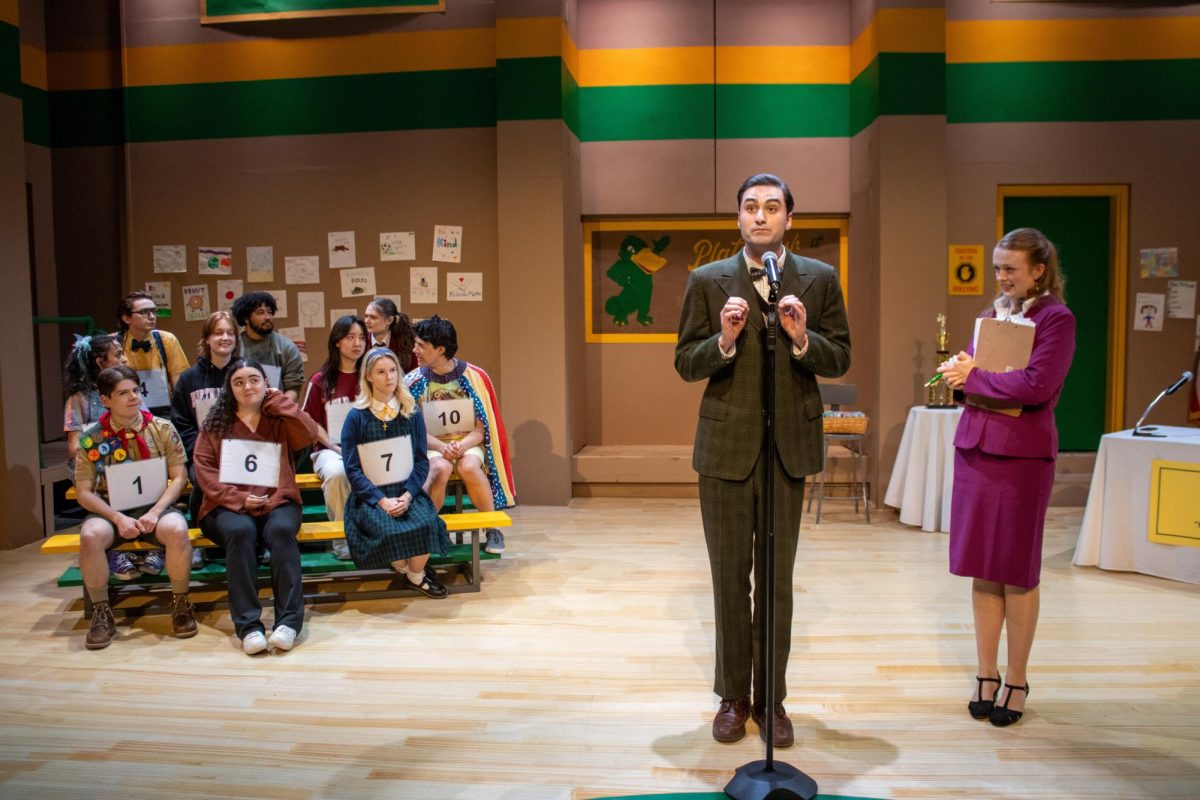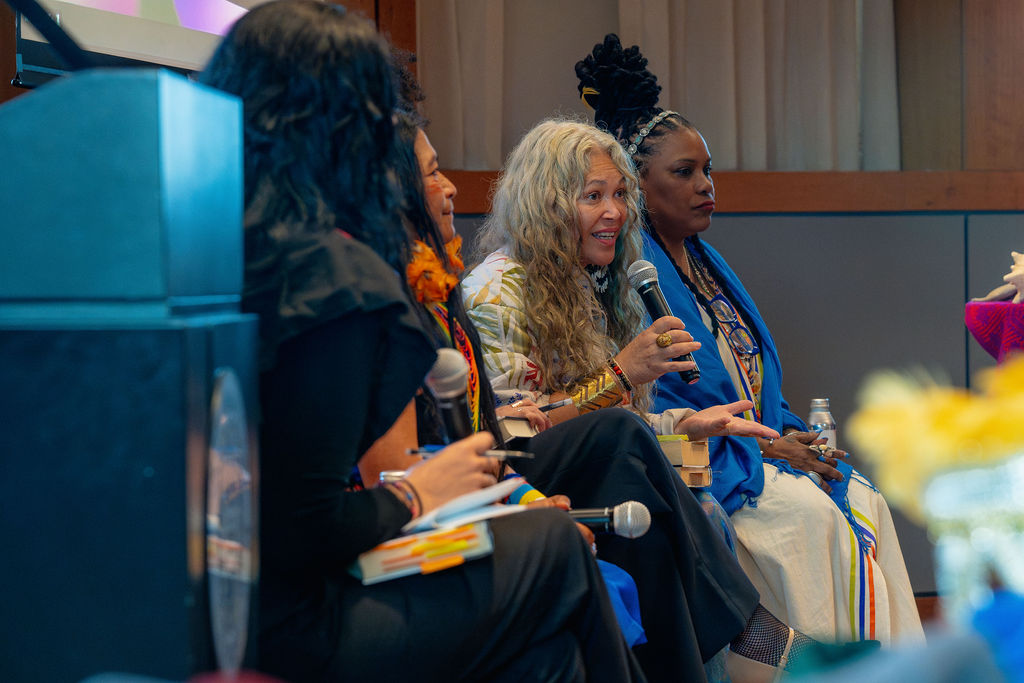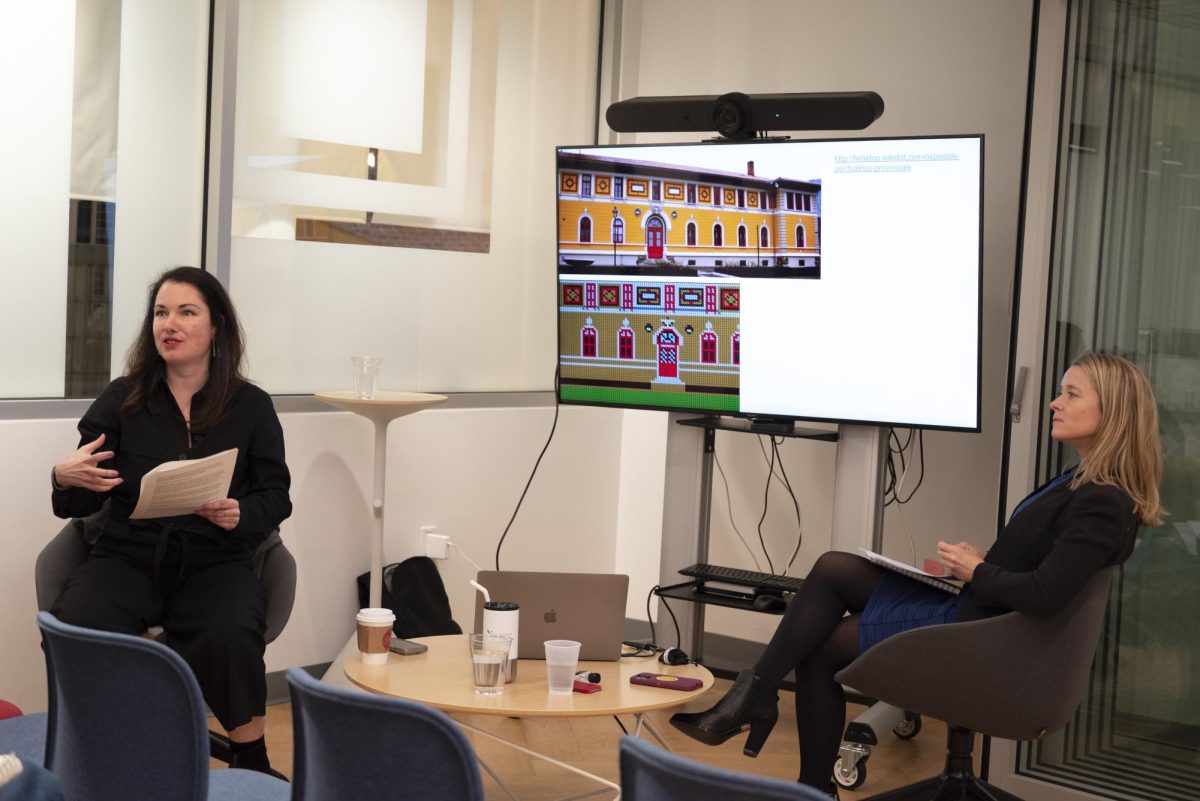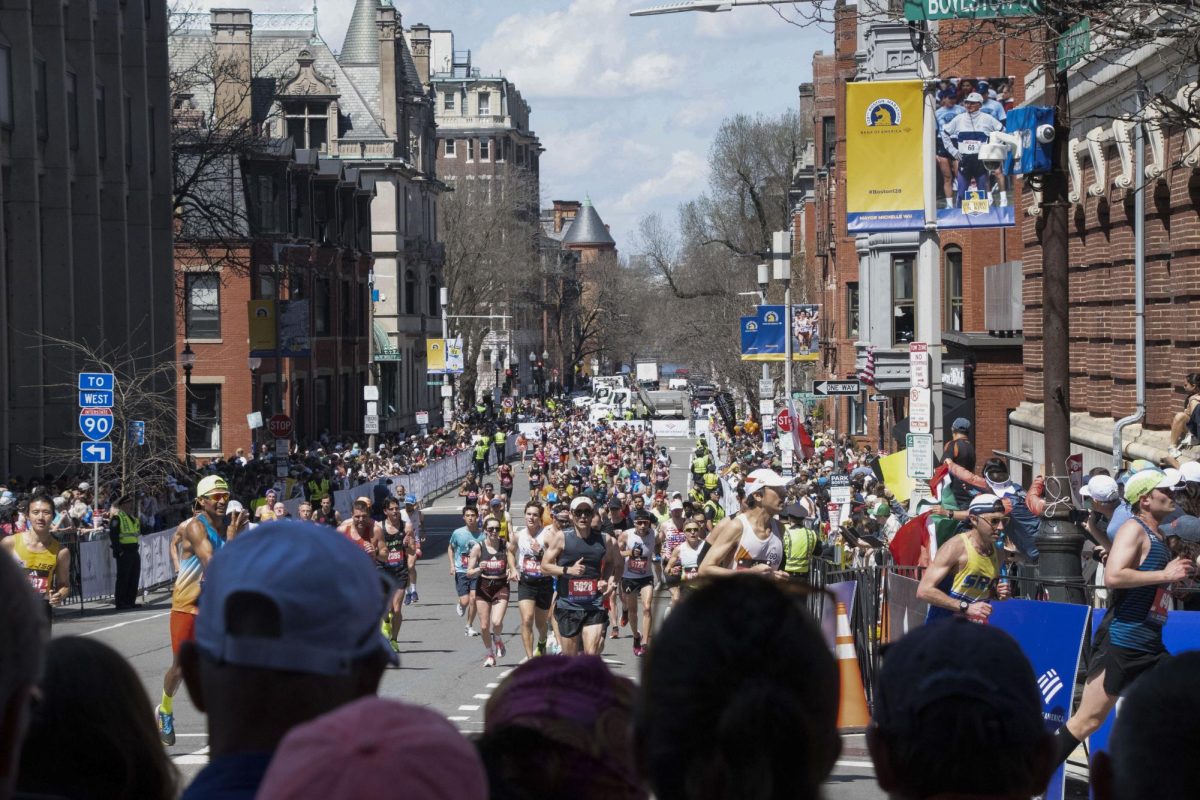Big fan of “1989 (Taylor’s Version)”? Record labels aren’t. Days after the release of Taylor Swift’s latest rerecording endeavor, Billboard reported that major labels have begun working to alter artists’ contracts to lengthen the amount of time they have to wait before rerecording music.
In late 2021, the Wall Street Journal, or WSJ, first reported that Universal Music Group, or UMG, Swift’s label, was increasing rerecording restrictions in new contracts. Previously, artists were allowed to rerecord five years after the original release date or two years after their contract’s expiration. Studios extended these restraints in 2021 to seven years post-release and five years after their contract ended. According to WSJ, the UMG limitations are typically what become the industry standard due to their reputation as the biggest label in music.
UMG and other labels, such as Sony Music Entertainment and Warner Music Group, are now looking to extend their rerecording clauses to last anywhere from 10 to even 30 years in the most extreme cases. Music attorneys and representatives have pushed back against the implementation of these clauses, advocating that artists shouldn’t have to agree to longer restrictions than those of past contracts.
These kinds of restrictions have existed for decades but have recently gained popularity, especially with Swift’s ongoing rerecording project. Moving forward, labels want to prevent other artists from doing the same, reasoning that if they’re going to invest the time and money into a project, the hope is that the artist does not release a competing version. Labels’ concerns have come into play as the release of “1989 (Taylor’s Version)” culminated in Swift’s largest selling week and the sixth-highest sales week of any album ever, outperforming and depleting the sales and streams of the 2014 version.
Today’s digital age of music has increased the competitive nature of the relationship between musicians and labels, as streaming services and a social media presence help give artists leverage. The same WSJ article reported that with the self-promotion element of these platforms, artists don’t necessarily need a label to gain an audience and traction. This relatively new level of self-promotion allows musicians to have more power when negotiating record deals because, unlike the individual artists, labels do need musicians to stay in business.
While no longer necessary, signing to a label is still a highly strived-for feat in the music industry. In the two years since the WSJ article and continued success of rerecordings, artists hoping to attain a contract may not be able to hold as much influence as those with large independent platforms, causing another shift in label-musician relations.
According to music attorneys for artists who have already reached superstar status, negotiations for lowering the window for rerecordings are doable, but, for new artists, deals are harder to strike. These artists are typically eager to sign onto a label, and, without much experience or a firm reputation in the industry, they are easily susceptible to the strict control of music groups. When signing to a label, an artist sacrifices a portion of control over both the creative and monetary aspects of their music in exchange for resources such as funding and a wider network.
Artists also sign away ownership of their masters, or original recordings of performances or songs, allowing labels to sell the music without consulting the creator. This deal is difficult to overturn for even the biggest of names, hence Swift’s desire to rerecord her first six albums after the sale of her own masters. Since signed artists are rarely able to hold the rights to their own music from the beginning, extending the rerecording time clauses will only tighten label control — even years later, artists still won’t be able to rerecord their music and gain ownership over it.
As other artists, including ’90s boy band 98 Degrees, have taken inspiration from Swift and announced plans to rerecord some of their most successful songs, it will be interesting to see if the proposed limitations are approved and what other measures record labels will take to discourage a rerecording trend.





